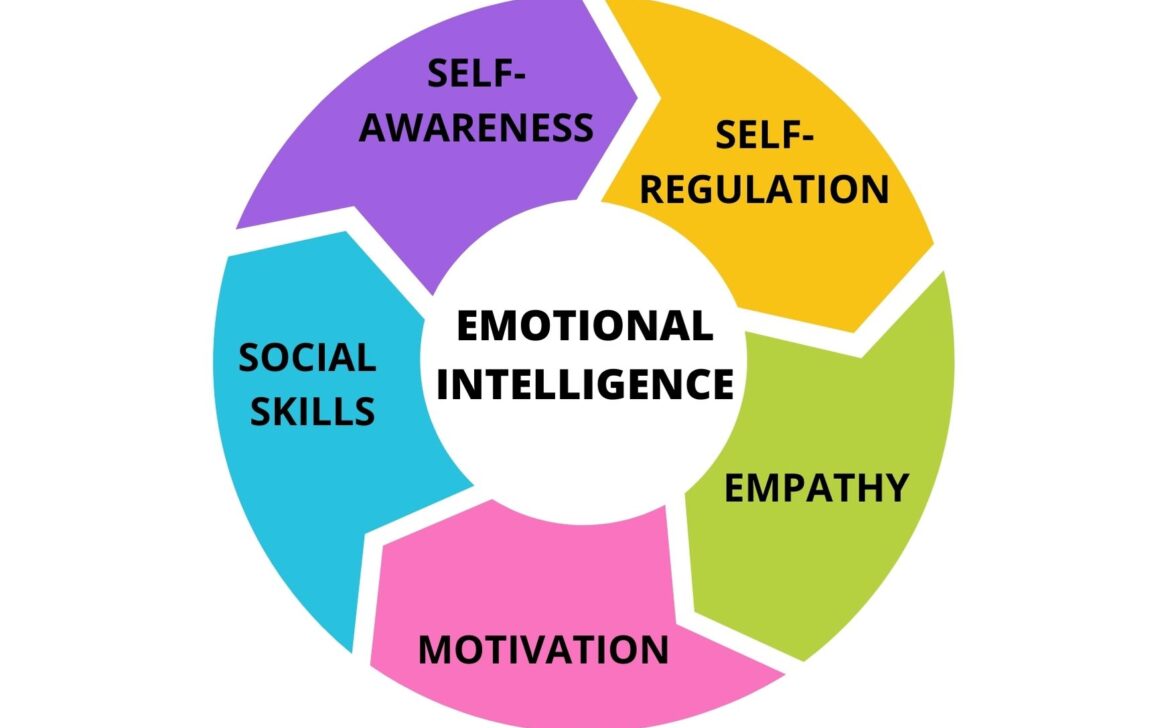Why Understanding Your Emotional Intelligence Matters: Benefits for Personal Growth and Professional Success
In today’s fast-paced and interconnected world, understanding and harnessing emotional intelligence (EI) has become increasingly crucial. Emotional intelligence refers to the ability to recognize, understand, and manage our own emotions and those of others. It encompasses a range of skills, including self-awareness, empathy, communication, and emotional regulation. By developing our emotional intelligence, we can navigate relationships, handle challenges, and foster personal growth and professional success. This article will explore why understanding your emotional intelligence matters and the benefits it brings to both personal and professional domains. We will delve into the various ways in which emotional intelligence influences self-awareness, relationship building, effective communication, conflict resolution, leadership skills, adaptability, decision-making, stress management, personal growth, and workplace success. Self-Awareness Emotional intelligence helps you develop self-awareness by recognizing and understanding your emotions, strengths, weaknesses, and triggers. This knowledge enables you to make more informed decisions and respond to situations effectively. Relationship Building EI plays a vital role in building and maintaining relationships. By understanding your emotions and empathizing with others, you can establish deeper connections, communicate more effectively, resolve conflicts, and collaborate successfully. Effective Communication Emotional intelligence enhances communication skills by enabling you to express yourself clearly, actively listen, and understand others’ perspectives. This facilitates productive and meaningful interactions in both personal and professional settings. Conflict Resolution With strong emotional intelligence, you can manage conflicts constructively. By understanding and regulating your emotions, you can navigate difficult situations calmly, empathize with others’ viewpoints, and find win-win solutions. Leadership Skills Emotional intelligence is crucial for effective leadership. Leaders with high EI can inspire and motivate their teams, adapt to different working styles, provide constructive feedback, and foster a positive work environment. Adaptability and Resilience Understanding your emotional intelligence helps you develop adaptability and resilience in the face of challenges and setbacks. By managing your emotions and staying resilient, you can bounce back from failures, embrace change, and maintain a positive mindset. Decision Making Emotional intelligence guides decision-making processes. By considering both rational thinking and emotional factors, you can make more balanced and thoughtful decisions, resulting in better outcomes. Stress Management High emotional intelligence enables you to manage stress effectively. Understanding your emotions helps you identify stress triggers, implement healthy coping strategies, and maintain overall well-being. Personal Growth and Development Embracing emotional intelligence fosters personal growth and development. By continuously honing your emotional skills, you can cultivate self-improvement, increase self-confidence, and enhance your overall emotional well-being. Workplace Success Emotional intelligence is highly valued in professional settings. Individuals with high EI tend to exhibit strong teamwork, effective leadership, adaptability, and strong interpersonal skills, positioning them for greater professional success and career advancement. Understanding and developing emotional intelligence is an ongoing journey that can positively impact various aspects of your life. By investing in your emotional intelligence, you can cultivate healthier relationships, navigate challenges with resilience, and achieve personal and professional fulfillment.

